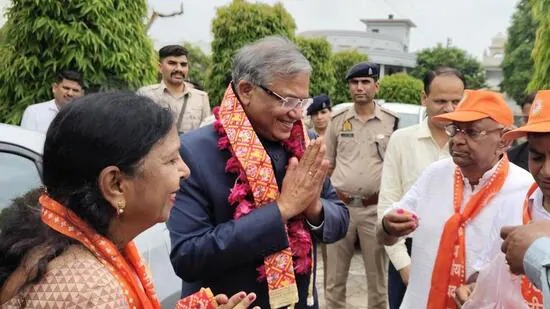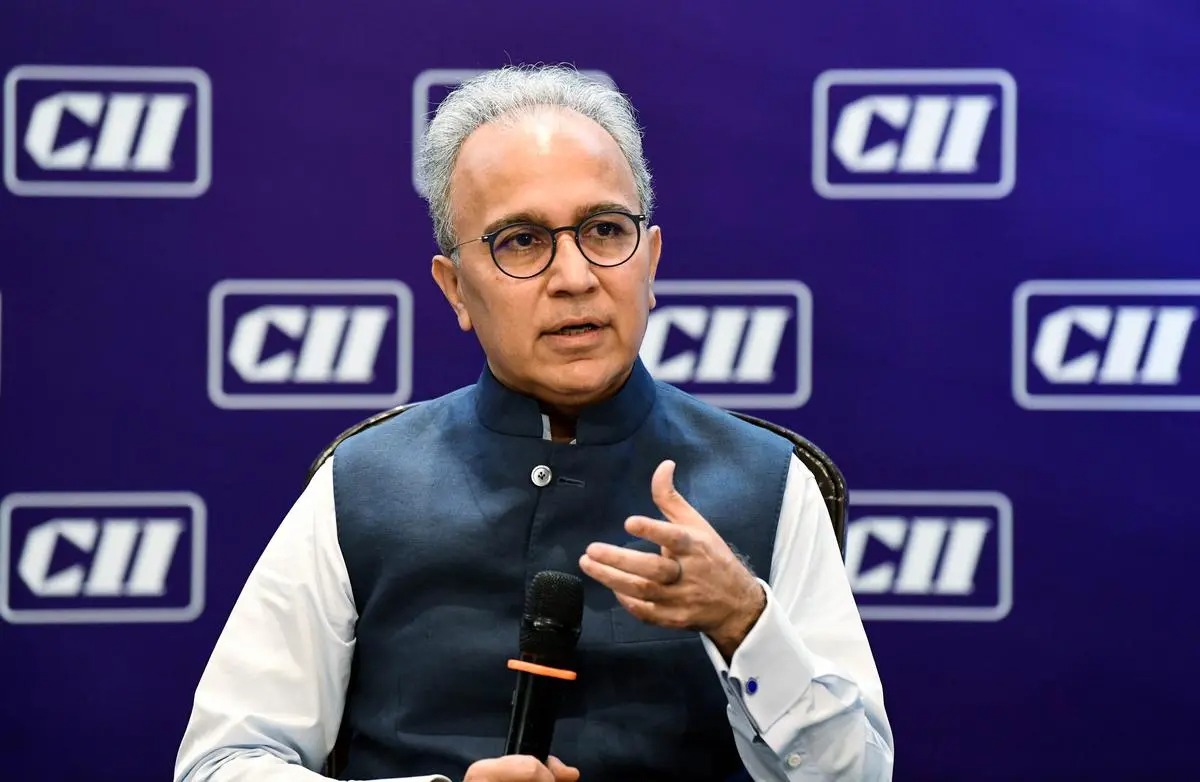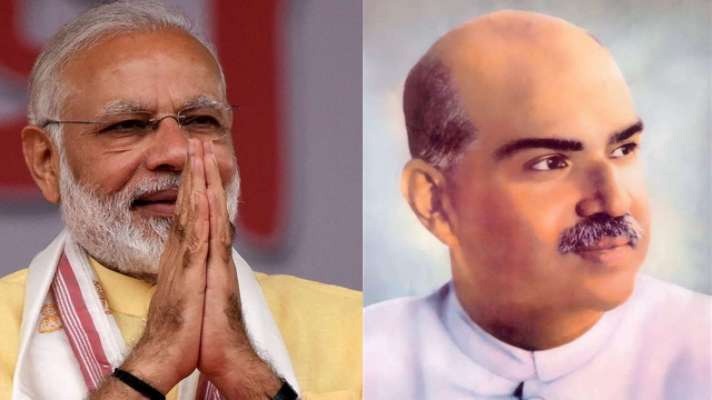
Follow WOWNEWS 24x7 on:
Updated: July 06, 2025 08:09

Chief Election Commissioner Gyanesh Kumar has promised that all eligible voters of Bihar would be covered in the revised list, given that the state is in the process of a comprehensive Special Intensive Revision (SIR) exercise. The exercise is taking place for the first time in 22 years and is being keenly observed in the run-up to the state election.
Update Highlights
The SIR process began on June 24 and will conclude on July 25, which will mirror the 31-day process used in 2002.
Over 1 lakh booth-level staff and 1.5 lakh party workers are involved in door-to-door verification.
Those voters who registered in roll 2003 are prima facie qualified and do not require new documents.
Forms are being made available and collected statewide, with provision for paper submission in consideration of advances in technology.
Transparency & Trust
The Election Commission has held over 5,000 political party meetings at the district, state, and national levels to make everything transparent.
The CEC reiterated that the revision is taking place with the active involvement of all major political parties.
The process seeks to weed out ineligible submissions while protecting the interests of actual voters.
Opposition Issues
Certain INDIA bloc parties have protested, claiming that the timing of the revision could disenfranchise more than two crore voters.
Critics contend that the exercise is tantamount to a stealthy NRC-style operation, which could target vulnerable communities.
The EC has reacted to the above claims that the revision is a statutory requirement under the Representation of the People Act and is being carried out uniformly.
Constitutional Background
Article 326 of the Constitution of India mandates all Indian citizens above 18 years of age to possess the right to vote.
The CEC reiterated that the direct stakeholders of the Commission are voters followed by political parties. It is a part of a larger national exercise of purging electoral rolls, beginning in Bihar and spreading to five other states in 2026.
Sources: Hindustan Times, The Hindu, NDTV, Deccan Herald, Times of India, MSN India




